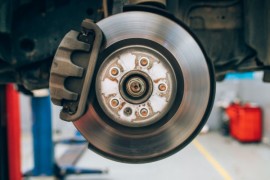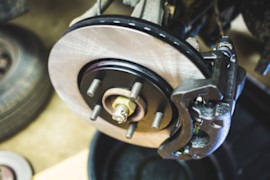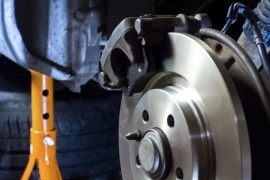{
"lazyNodes": false,
"abFitnotesFlag": false,
"abCrawlReviews": true,
"productOptionsCookie": false,
"orderDelayFlag": false,
"skipSessionCookie": false,
"covidMessage": false,
"fullTitleCookie": false,
"nrLoggerCookie": true,
"checkoutReviewCookie": false,
"productOptionSeqCookie": false,
"maintenanceFlag": false,
"bufferETACookie": false,
"multiShippingDiscountFlag": false,
"newFitmentFlag": false,
"surveyOptInFlag": true,
"crossSellFlag": false,
"skuMappingFlag": false,
"paySplitCookie": false,
"callDisableFlag": true,
"zipPaymentFlag": "c",
"hassleFreeReturn": true,
"lifetimeReplacement": true,
"cpn_off": false
}Need help?Chat with us
2013 Mercedes Benz S65 AMG
2013 Mercedes Benz S65 AMG Brake Disc and Pad Kits
Refine by:
Shop Catalog
Showing 1 - 1 of 1 results
Sort by:
Part Number: SHW221421131264
Guaranteed to Fit
$912.99
Vehicle Fitment
- 2013 Mercedes Benz S65 AMG All Submodels All Engines Replace in pairs only.
Product Details
Location : FrontSeries : OE Replacement SeriesRecommended Use : OE ReplacementQuantity Sold : 2-Wheel SetWarranty : 24-month or 24,000-mile limited warrantyProp 65 Warning :
![]() WARNING: This product can expose you to chemical which is known to the State of California to cause cancer and birth defects or other reproductive harm. For more information go to www.P65Warnings.ca.gov.
WARNING: This product can expose you to chemical which is known to the State of California to cause cancer and birth defects or other reproductive harm. For more information go to www.P65Warnings.ca.gov.
Page 1 of 1 | Showing 1 - 1 of 1 results
Popular Products

SHW PerformanceFront Brake Disc and Pad Kit, OE Replacement SeriesManufacturer #221421131264
( Reviews) Questions, Answers
SHW PERFORMANCE BRAKE DISC AND PAD KIT
Expertly crafted and tested to top-grade, OE-specific standards, SHW Performance Brake Disc and Pad Kit provides high quality performance without the high level price. Its OE-standard design provides the right fit and the ri...
Helpful Automotive Resources
How Often Do Brakes Need to Be Replaced?
Pro Tip:
Drum brakes are still a thing on some new vehicles, but since they’re usually in the rear, drum brakes don’t usually require as much service as front disc brakes.
A Short Course on BrakesOn a disk brake, the fluid from the master cylinder is forced into a caliper where it presses against a piston. The piston, in-turn, squeezes two brake pads against the disk (rotor), which is attached to the wheel, forcing it to slow down or stop.
How Do Car Brakes Work?Under pressure and expelled from the master cylinder, the brake fluid amplifies the force transmitted by your foot. Using this force, each brake caliper squeezes a pair of brake pads against a rotor, creating friction.
Each wheel on your vehicle comes with its own brake and attached hydraulic device. All





